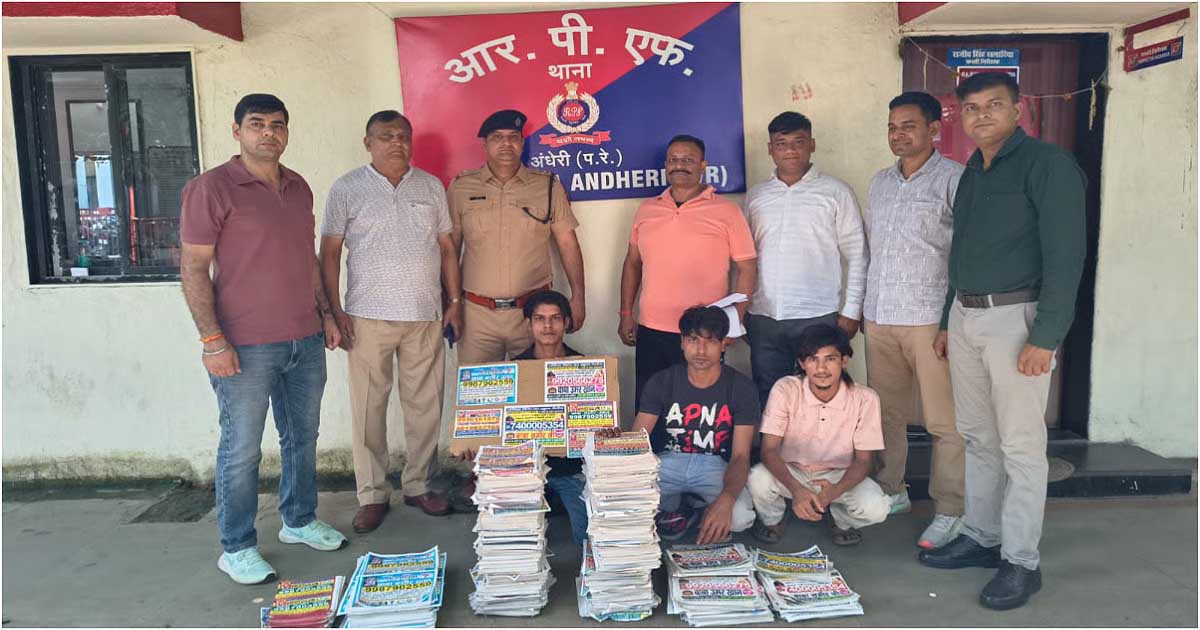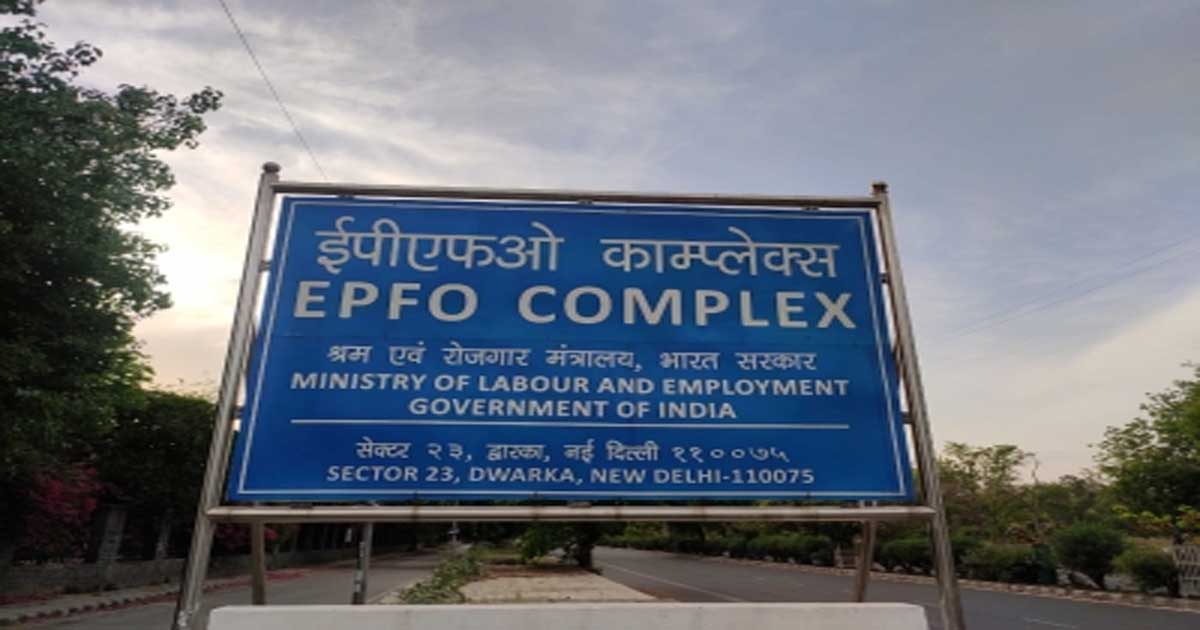National News
From Shampoo To Stimulant: The Legal Loopholes Fueling Mephedrone

Mumbai: The clandestine manufacture of methylenedioxymethamphetamine (MD), popularly known as mephedrone, has seen a disturbing surge in India. Mumbai police have discovered several factories producing MD and dismantled these illegal operations, revealing a complex network of small-time criminals and organised networks setting up makeshift laboratories in various locations.
Criminals exploit loopholes in the NDPS (Narcotic Drugs and Psychotropic Substances Act) regulation of controlled substances order, 2013, to procure necessary chemicals. Authorities cannot impose a complete ban on some substances as they are used in everyday items like soaps, shampoos, and medicines. Clandestine labs rely on industrial and pharmaceutical chemicals that are legally available but diverted for illicit use.
The production process is relatively simple, requiring minimal equipment. It involves mixing chemicals, heating to a certain temperature, producing crystals, and then converting them into powder. This simplicity allows MD to be produced even on farms or at home. Chemicals like bromine, methylene dichloride, ethyl acetate, and acetone are essential for production, and these are readily accessible to criminals.
A police officer explained, “In these rackets, at least one or two individuals are typically educated, often with engineering, science, or medical backgrounds, or possess some knowledge of chemistry. Many chemicals used in MD production are found in legitimate products such as shampoo, detergent, and medicines; thus, these individuals sometimes gain experience working in medical or chemical production companies. Sometimes they even use waste materials from such companies to obtain chemicals. Making mephedrone (MD) is relatively easier compared to other drugs.”
Madan Ballal, Assistant Commissioner of Police, said, “We have dismantled factories not only in Maharashtra but also in Telangana and Uttar Pradesh. Our senior officers and chief ministers advocate a zero-tolerance approach to drug-related crimes, and the Maharashtra Police are working accordingly.”
Recent raids in areas like Andheri, Kurla, Bhiwandi, Mira-Bhayandar, Palghar, Navi Mumbai, Raigad, and even Sangli, Nashik, and Latur have resulted in large seizures of mephedrone and the arrest of several suspects. The growing availability of locally produced MD is fuelling addiction, particularly among young people. Mephedrone is a powerful stimulant that can lead to severe psychological and physical harm, including paranoia, heart palpitations, and long-term dependency.
Law enforcement agencies face a dual challenge — dismantling clandestine labs and breaking the networks that distribute MD across the city. Enhanced surveillance, stricter precursor tracking, and public awareness campaigns are urged to stem the tide, but experts stress that closing regulatory gaps is key to curbing this accessible peril.
National News
Maharashtra: Wada Farmers Stage Protest Over Compensation For Land Affected By High-Voltage Power Line Towers

Palghar, Maharashtra: Farmers in Wada taluka whose land has been affected by the installation of high-voltage power line towers have been staging a sit-in and devotional bhajan protest outside the Wada Sub-Divisional Office for the past seven days.
The farmers claim that despite towers being erected on their farmland, they have yet to receive adequate compensation, prompting them to unite and demand fair payment. Frustration has grown as no solution has been provided so far.
Across Palghar district, including the talukas of Wada, Vikramgad, and Jawhar, private companies have been installing transmission towers on farmland without prior notice or consent from landowners. The affected farmers allege that the towers disrupt normal farming activities, making crop cultivation difficult and causing long-term losses. According to the farmers, they are not receiving proper compensation for the damage to their land.
“Towers are being erected on our land, making it permanently unusable. We cannot sow crops or plant trees there. Yet, the government has provided no fair compensation. This is highly unjust,” said an affected farmer.
Approximately 350–400 farmers have participated in the protest since last Wednesday. Local representatives have met with the protestors and assured them that efforts are being made to resolve the issue. Meanwhile, the farmers have urged the administration to pay closer attention to their concerns.
. Compensation for affected land should follow a “one district, one rate” principle — ₹10 lakh per guntha (currently, only ₹2.5 lakh per guntha is being offered).
. Increase the compensation for power line impact from 30% to 100%.
. Employment should be provided to one member of each affected farmer’s family.
. Compensation should be paid at five times the current rate.
. No construction work should begin until full compensation is paid to the affected farmers.
. Prior consent of farmers must be obtained before starting any work on agricultural land.
A senior official stated that the farmers’ demands are policy-related and have been forwarded to higher authorities for consideration.
The ongoing protest has reportedly caused some disruption at the sub-divisional office, with officials and staff facing difficulties in carrying out routine administrative work.
Crime
Mumbai: RPF Cracks Down On Fake ‘Tantrik’ Posters Across Suburban Railway Network, Seizes 22,000 Illegal Ads

Mumbai: In a major crackdown on fraudulent advertisements inside Mumbai’s suburban railway network, the Railway Protection Force (RPF) of Western Railway’s Mumbai Division intensified its campaign against fake ‘tantriks’ and ‘vashikaran babas,’ whose posters had been illegally plastered across local trains and platforms. On October 14, an accused and his two accomplice were arrested with more than 22,000 posters.
According to an official, posters, often promising supernatural fixes to personal, health, and financial issues, have not only misled commuters but also defaced railway property.
Following a spate of complaints received via social media and the Rail Madad portal, Senior Divisional Security Commissioner Santosh Kumar Singh Rathod formed a special enforcement team. The drive gained momentum under the leadership of Sub-Inspector Santosh Soni.
“On October 14, acting on a tip-off, Soni and his team apprehended Abdul Samad, son of Irshad Khan, red-handed while he was pasting such posters inside a stationary local train at Platform No. 2 of Andheri station. Over 600 posters were recovered from his possession at the scene” further added official.
During interrogation, Samad disclosed the whereabouts of the main culprits — a self-styled so called godman and his accomplice — who were later arrested from their hideout in Mira Road. A subsequent search led to the seizure of an additional 22,000 posters. All three individuals, along with the confiscated materials, were handed over to the RPF post at Andheri for further legal proceedings.
“This is part of an ongoing operation to cleanse the railway premises of illegal and misleading advertisements,” said an RPF official. “The actions are aimed at curbing fraudulent practices and improving the aesthetics and safety of local trains.”
In just the past month, RPF teams have nabbed 29 offenders caught red-handed while putting up such posters. A total of 49,100 posters have been seized during this period, and fines amounting to Rs 13,000 have been imposed by the court.
This drive follows a similar operation conducted in May 2025, during which 53 offenders were booked, and 37,400 posters were confiscated. That campaign led to penalties totaling Rs 26,500.
Business
Explained: EPFO overhauls withdrawal rules to boost transparency, ease access for 30 crore members

New Delhi, Oct 14: The Employees’ Provident Fund Organisation (EPFO) has restructured its partial withdrawal regulations, combining 13 distinct clauses into three main categories: Essential Needs, Housing Needs, and Special Circumstances. This change aims to make it easier to access provident fund savings.
For the nearly 30 crore members who collectively own a corpus of about Rs 30 lakh crore, the reform aims to make the withdrawal process quicker, simpler, and more transparent.
The revised framework, referred to as EPFO 3.0, has standardised withdrawal limits.
Depending on the goal, members can now access up to 100 per cent of their eligible provident fund balance, which includes employer and employee contributions. However, at least 25 per cent of the EPF balance needs to stay in the account in order to maintain a safety net for retirement.
This implies that members can keep the required balance while withdrawing up to 75 per cent of their total corpus.
Additionally, the new regulations standardise the requirements for services. In the past, there were specific requirements for each type of withdrawal, such as five years of service for housing purposes and seven years for marriage-related withdrawals.
All partial withdrawals are now subject to a single 12-month minimum service period, which streamlines the procedure and removes any ambiguity.
Members will no longer need to provide documentation of their withdrawals under the “Special Circumstances” category, which is a significant relaxation. In the past, withdrawals under this heading required proof of emergencies, such as natural disasters or job loss.
The new clause, which permits members to leave without giving a reason, is anticipated to reduce red tape and expedite approvals.
The EPFO has also increased the withdrawal limits for marriage and education-related withdrawals. Instead of the previous cap of three combined withdrawals, members can now make up to 10 withdrawals for education and five for marriage.
Stricter guidelines for final settlements are also introduced by the reforms, though. In contrast to the previous two-month eligibility window, members can now only apply for an early final settlement 12 months after quitting their job and for pension withdrawal 36 months later.
In the event of a job loss, the 25 per cent minimum balance requirement only applies to partial withdrawals; it does not apply to full settlements.
While it is anticipated that the simplified framework will increase efficiency and transparency, workers who are laid off or have experienced extended periods of unemployment may find it difficult to obtain their provident fund savings immediately during a time when they may need it most, due to the revised settlement timelines.
-

 Crime3 years ago
Crime3 years agoClass 10 student jumps to death in Jaipur
-

 Maharashtra1 year ago
Maharashtra1 year agoMumbai Local Train Update: Central Railway’s New Timetable Comes Into Effect; Check Full List Of Revised Timings & Stations
-

 Maharashtra1 year ago
Maharashtra1 year agoMumbai To Go Toll-Free Tonight! Maharashtra Govt Announces Complete Toll Waiver For Light Motor Vehicles At All 5 Entry Points Of City
-

 Maharashtra1 year ago
Maharashtra1 year agoFalse photo of Imtiaz Jaleel’s rally, exposing the fooling conspiracy
-

 National News1 year ago
National News1 year agoMinistry of Railways rolls out Special Drive 4.0 with focus on digitisation, cleanliness, inclusiveness and grievance redressal
-

 Maharashtra11 months ago
Maharashtra11 months agoMaharashtra Elections 2024: Mumbai Metro & BEST Services Extended Till Midnight On Voting Day
-

 National News1 year ago
National News1 year agoJ&K: 4 Jawans Killed, 28 Injured After Bus Carrying BSF Personnel For Poll Duty Falls Into Gorge In Budgam; Terrifying Visuals Surface
-

 Crime1 year ago
Crime1 year agoBaba Siddique Murder: Mumbai Police Unable To Get Lawrence Bishnoi Custody Due To Home Ministry Order, Says Report












